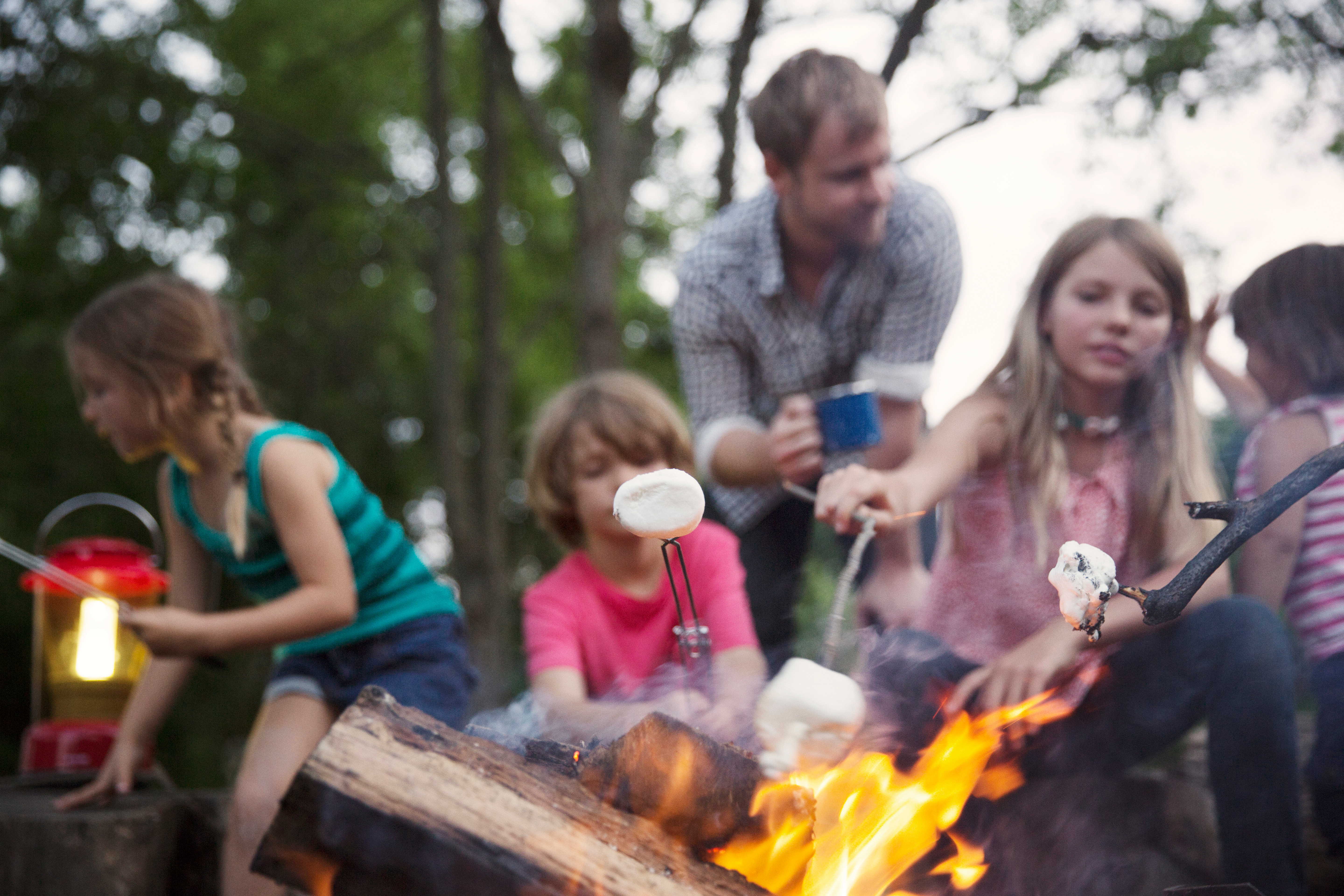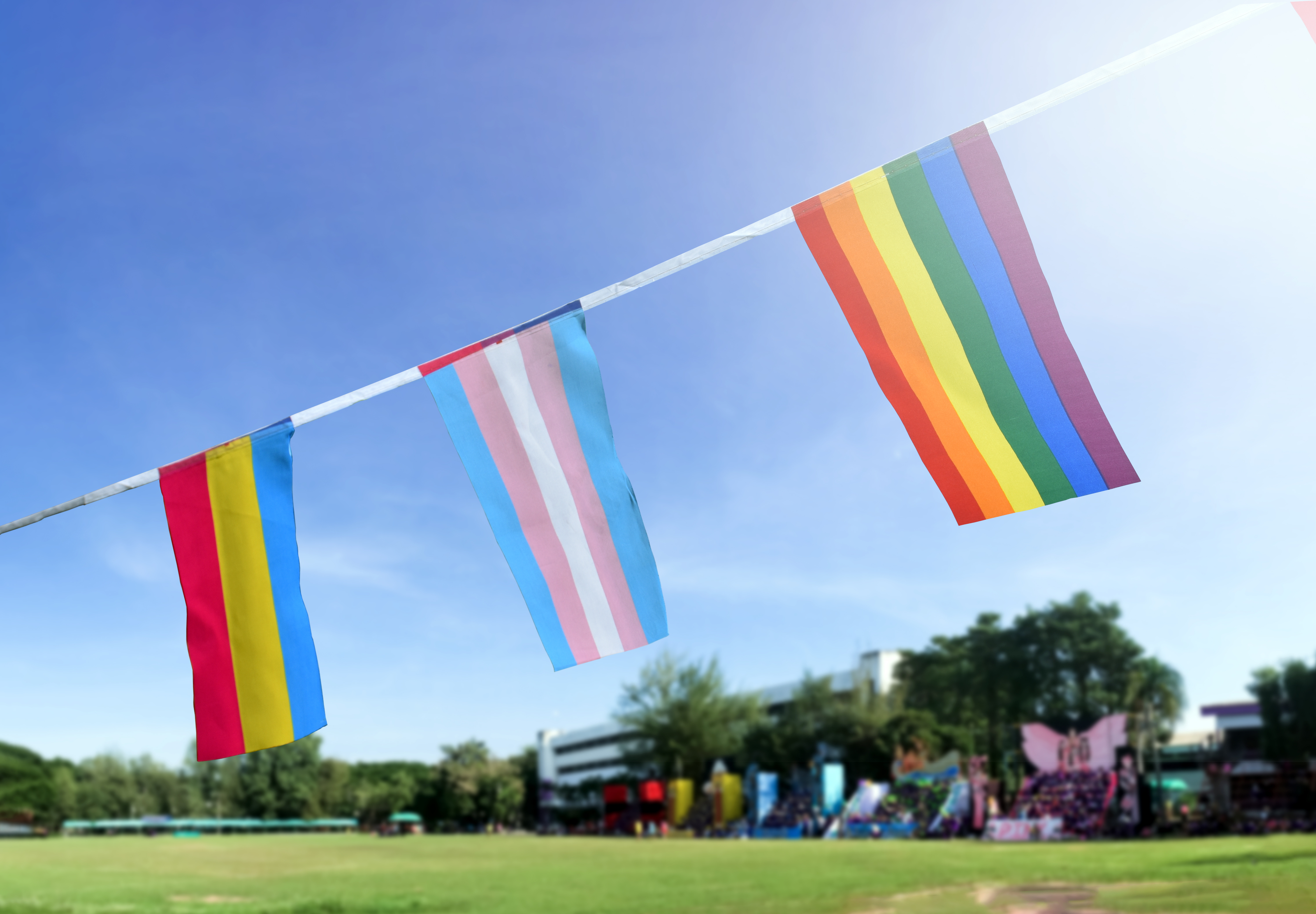Blog
LGBTQ+ Youth Thrive in Supportive Environments

Research shows that the discrimination experienced by LGBTQ+ youth because of their identities is linked to an increased risk of suicide and lack of access to mental health care. This finding comes from a 2024 survey of 18,000 LGBTQ+ people ages 13-24 conducted by The Trevor Project. Further, the 2024 study was the sixth consecutive year that a survey of this scale was conducted and found this result. This research highlights the need to provide inclusive and welcoming environments for LGBTQ+ young people across the country. As Pride Month wraps up, we want to highlight the data-backed programs and practices that help LGBTQ+ youth feel connected, hopeful, and loved.

Implementation of these practices can have positive and far-reaching implications. Support from adult caregivers serves as a protective factor against the impacts of discrimination on youth mental health. Research tells us that active forms of support from adults in their lives boosts positive outcomes for LGBTQ+ youth, such as perceived life expectancy and a sense of life purpose. Supportive actions can be as simple as making an effort to use the correct name and pronouns, speaking respectfully about LGBTQ+ identities, and being kind to the LGBTQ+ friends of a young person you care about. Acceptance from adult caregivers not only supports positive outcomes, it also decreases the likelihood that an LGBTQ+ young person will attempt suicide.

While parents are an important adult figure for many young people, there are a range of supportive roles others adults can take on in young people’s lives. Coaches, teachers, clergy, extracurricular coordinators, and camp counselors can all serve as adult mentors who offer care and model a supportive relationship. A 2020 study showed that living in an area with LGBTQ+ youth-serving organizations was associated with lower odds of experiencing emotional distress, even when factors like living in a city were adjusted for. Data from 2014 and 2018 studies demonstrate that an emphasis on social inclusion and sense of belonging in youth-focused programs are key ingredients for LGBTQ+ youth to succeed.

While professional mental health care is still in high demand among LGBTQ+ youth, there are everyday activities and actions that can make a difference in the wellbeing of all young people, including LGBTQ+ youth. Receiving positive feedback from adult mentors, finding opportunities to make new friends, and participating in enjoyable activities are all correlated with lower anxiety and depression. This is the perfect wheelhouse for youth recreation programs that help youth people learn and grow through having fun in community with others. While there are many hardships currently facing LGBTQ+ youth, NRF is proud to support all our grantee partners that are playing a critical role when it comes to helping LGBTQ+ young people thrive.
